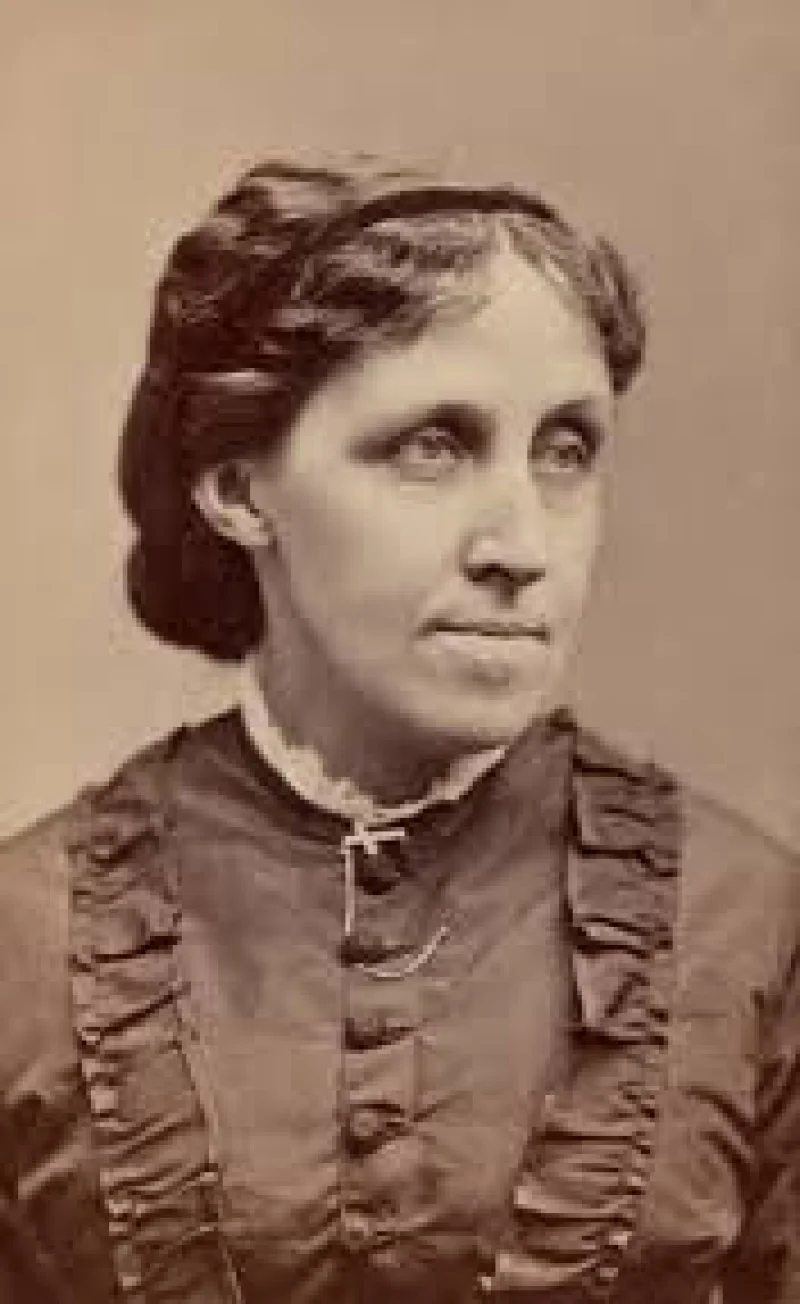Short Summary
Louisa May Alcott was an American novelist and poet best known for her novel "Little Women," which has become a classic of American literature. Born in 1832 in Pennsylvania, she grew up among prominent intellectuals of her time, which greatly influenced her work. Her writing often focused on themes of family, love, and personal growth, resonating deeply with readers. Alcott's contributions to literature and her advocacy for women's rights have cemented her legacy as an influential figure in American culture.
Early Life & Education
Louisa May Alcott was born on November 29, 1832, in Germantown, Pennsylvania, to transcendentalist parents who were deeply involved in the intellectual movements of the time. Her father, Amos Bronson Alcott, was an educator and philosopher, while her mother, Abigail May Alcott, was a social worker and advocate for women's rights. Growing up in an environment that valued education and social reform, she was encouraged to read and write from a young age. The family frequently faced financial difficulties, which instilled in her a strong work ethic and a desire to contribute to her family's well-being. Her early education was informal, shaped by her father's teachings and the intellectual circle that included figures like Ralph Waldo Emerson and Henry David Thoreau.
Career Highlights
Alcott began her literary career writing for local publications and eventually published her first book, "Flower Fables," in 1854. During the American Civil War, she served as a nurse, which inspired her to write "Hospital Sketches," a collection of letters that gained significant attention. Her most notable work, "Little Women," was published in 1868 and became an immediate success, solidifying her place in literary history. Alcott continued to write sequels to "Little Women," as well as other novels, short stories, and poems. Her works often reflected her progressive views on women's rights and social issues, contributing to the broader conversation on gender equality.
Major Achievements
- "Little Women" (1868): A groundbreaking novel that became a cornerstone of American literature.
- Advocacy for Women's Rights: Actively supported women's suffrage and educational opportunities for women.
- First Woman to Register to Vote in Concord, Massachusetts: Pioneering action following the passage of the Massachusetts law allowing women to vote in local elections.
- Prolific Author: Published over 30 books and numerous stories and poems throughout her career.
Famous Quotes
- "I am not afraid of storms, for I am learning how to sail my ship."
- "The power of finding beauty in the humblest things makes home happy and life lovely."
Interesting Facts
- Alcott originally wrote under the pseudonym A.M. Barnard.
- She was an abolitionist and worked to support the Underground Railroad.
- Her family home, Orchard House, is now a museum dedicated to her life and work.
- She never married, choosing instead to focus on her career and family support.
Legacy / Influence
Louisa May Alcott's legacy endures through her timeless works, which continue to inspire readers around the world. "Little Women" has been adapted numerous times into films, plays, and television series, introducing her stories to new generations. Her advocacy for women's rights and her depiction of strong, independent female characters have left a lasting impact on literature and society, influencing countless writers and activists.
FAQ
Q: Why is Louisa May Alcott famous?
A: She is famous for her novel "Little Women" and her contributions to American literature and women's rights.
Q: Did Louisa May Alcott write under a pseudonym?
A: Yes, she wrote under the pseudonym A.M. Barnard.
Q: Was Louisa May Alcott involved in social causes?
A: Yes, she was an abolitionist and a supporter of women's suffrage.









